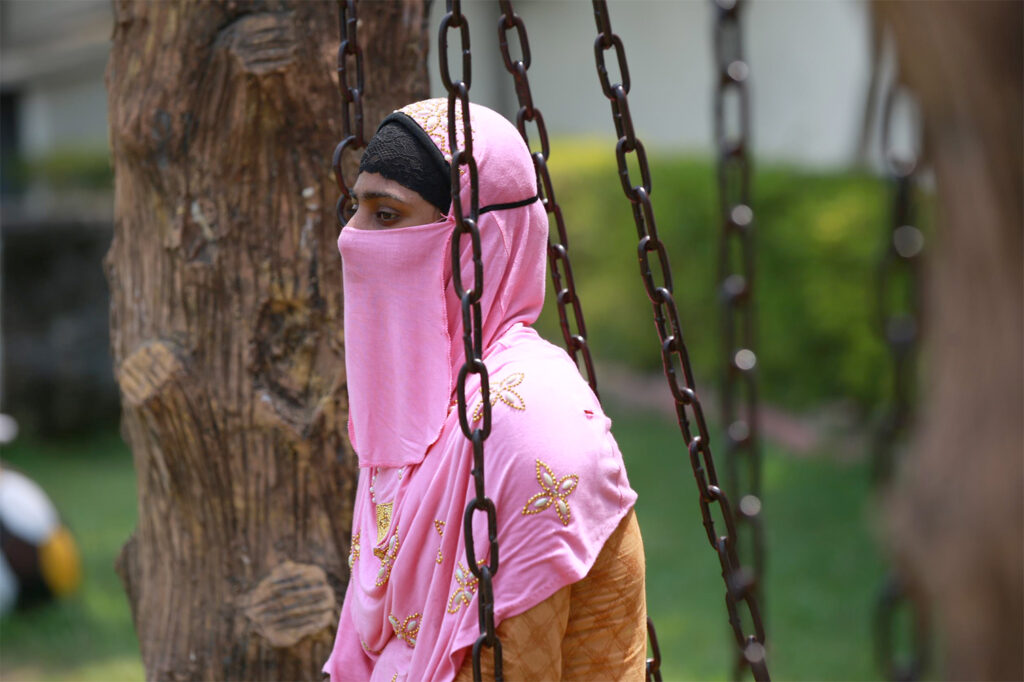
Survivor Nisha: ‘I was nine years old when I was sold to be a prostitute.
The perpetrators weren’t punished and are walking around freely. That’s why I am still not free.
I want to fight back. School for Justice makes that dream a reality.’
Rehabilitation
Once they’ve been rescued from the sex industry, the girls enter a long period of processing and healing. Free a Girl ensures that survivors receive proper shelter and psychological and medical care after they’ve been rescued. In the rehabilitation process, we consider whether the children can return to their own families. Growing up with one’s own family is always preferable to growing up in a shelter. Sometimes this is impossible, though, or only possible after some time. In such cases, we provide the children with shelter, education and vocational training. Free a Girl aims to provide the best aftercare for survivors of sexual exploitation, grounded in the principles of love, protection, safety, care and growth. We base our care on research into best practices around the world.
Reintegration
Effective reintegration is an important pillar for Free a Girl, it is linked to our rehabilitation programs. Although it is sometimes a huge challenge, as sexual exploitation carries enormous stigma in several program countries. Often girls are seen by their own communities not as survivors, but as criminals or ‘bad girls’ who have violated the honor of the family or community. In the absence of family support, it is even more important to ensure that the girls can be self-reliant and gain the skills they need to find employment. Free a Girl provides education and consultation in communities about the dangers of human trafficking and the stigmatization of victims of sexual exploitation. In addition, Free a Girl supports survivors in their reintegration journey, sometimes helping them find jobs and following the children for at least 3 years.
Watchdogs
Free a Girl’s programs train survivors to be watchdogs who can identify and approach victims. This will strengthen our capacity to train our partners in online investigations. Our watchdogs will also visit vulnerable communities to raise awareness and educate people about child sexual exploitation. This will help to prevent children from being trafficked.
Educate the leaders of tomorrow, change the system today. That is why we founded The School for Justice.
School for Justice
School for Justice is an award-winning program for survivors of sexual exploitation who become change agents. In the School for Justice program, survivors become human rights professionals such as lawyers, paralegals, prosecutors, journalists, counselors and police officers so they can change the system from the inside out.
Within Free a Girl’s School for Justice program, survivors of sexual exploitation hone their skills in various professions, such as journalism, law and social work. The program offers them motivational and empowering activities, in addition to their educational path. Strengthened by their knowledge and determination, the students emerge as advocates and change agents to change systems from within and fight tirelessly against impunity and prevent sexual exploitation of young girls in similar situations. We see girls who lived in vulnerable situations transformed into change agents and powerful women who can make a difference in their society. Women fighting for their rights and those of their peers.
To address impunity and provide access to justice in different countries around the world, Free a Girl launched the School for Justice program in India in 2017. In 2019, we opened a school in Nepal and in 2022, we launched the program in Brazil. We see girls who lived in vulnerable situations being transformed into change agents and powerful women who can make a difference in society. Empowered young women fighting for their rights and those of their peers.
Change agents
Free a Girl runs its School for Justice programs in India, Nepal and Brazil.
Renuka, a student at the School for Justice Nepal, says:
‘Free a Girl helped me and I was able to go back to school. I am also staying at the School for Justice shelter. I heard about the School for Justice and now want to continue my education without any suffering. I want to assist survivors of human trafficking and be the best laywer. I will educate the general public about sexual exploitation and human trafficking, and the legal consequences for criminals. I want to become the best lawyer there is.’
‘I want to make the world a better place’ – Gloria, Student at the School for Justice Brazil:
‘The School for Justice Brazil is a great opportunity and it will be really important for my personal development. Thanks to Free a Girl, I’ve already started several courses. Now I want to help make this world a better place. Becoming a lawyer or social worker will be the way to do this.’
‘I want to study law so I can become a lawyer to help speak out for girls like me’- Misa, School for Justice India:
‘It was hard for girls like me to dream. I had no dream when I left school. But now I’ve got the chance to dream again, thanks to the School for Justice India.’
Dream Fund
Free a Girl is keen to give the survivors a new start, so they can get on with their lives. This ranges from providing healthcare to returning to education, helping with housing, starting a company, and providing restorative justice. The fund kickstarts their future and restores their dignity. The girls shouldn’t have to wait for legal redress or compensation to continue with their lives. We want to change survivors’ lives by making their dreams come true. This ‘dream fund’ will be piloted in the USA and, if successful, rolled out to other countries
